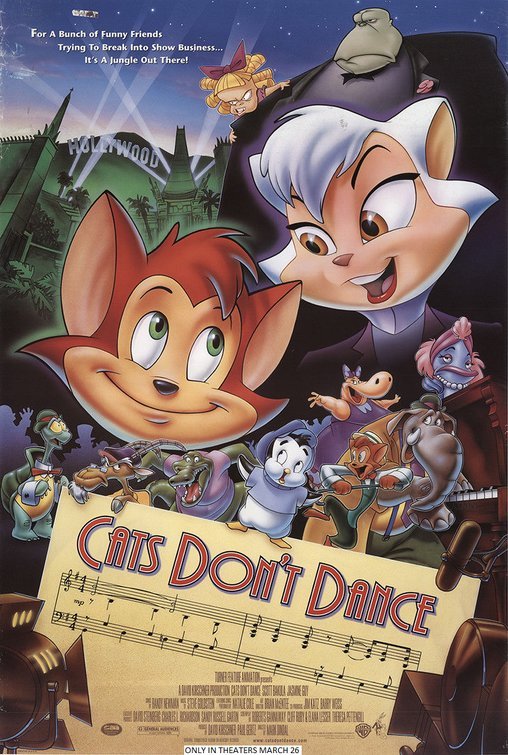
SAG-AFTRA Sets AI Use Terms for Video Game Actors
By Movieguide® Contributor
As the future of AI in the entertainment industry continues to be explored, SAG-AFTRA signs a deal with AI voiceover company Replica Studios to set the terms for the technology’s use in video games.
Months after the actors’ strike has come to a close, video game actors continue to fight for job security within their sphere of the industry. Though they procured the right to strike over three months ago, video game actors have held off, hoping they can come to a deal without disrupting their workflow.
SAG-AFTRA has now presented the studios with the terms and conditions to create AI-generated voiceovers that protect the actors used to create artificial voices. The terms also define requirements for the safe storage of digital assets.
The deal “will enable Replica to engage SAG-AFTRA members under a fair, ethical agreement to safely create and license a digital replica of their voice. Licensed voices can be used in video game development and other interactive media projects from pre-production to final release,” SAG-AFTRA said.
“These are the kind of terms that producers can agree to without disrupting their ability to make content,” said Duncan Crabtree-Ireland, the head negotiator for SAG-AFTRA. “This is an evolutionary step forward. AI technology is not something we can block. It’s not something we can stop. That’s not the tactic or a strategy that’s ever worked for labor in the past.”
“Our AI deal with Replica Studios is an important step in ensuring the ethical application of these technologies in a way that ensures the use of members’ voices occurs only with informed consent and fair compensation,” he added in a statement to IGN.
The terms lay out a licensing system for actors, allowing them new avenues for income as they can sell their voices for replication.
Crabtree-Ireland hopes that these terms can help reignite negotiations as the industry looks to move forward.
“I hope the video game companies will take this as an inspiration to help us move forward in that negotiation,” he said. “I’m hopeful we will be able to reach agreement with the video game studios imminently.”
The current terms only protect direct replicas of actors’ voices and include no language about training the technology to generate new voices. This may cause problems down the road as studios look to save costs by skipping residuals through the use of artificial voices with no real-world actors to pay out.
Lack of protection from this use of the technology was a concern from SAG-AFTRA members as a whole in December when they were voting to ratify the contract between the union and the AMPTP. Though the contract was approved, only 78% of members voted in its favor due to worries about AI-related job loss.
Movieguide® previously reported:
While the SAG-AFTRA deal will likely end the actors’ strike, some feel the contract does not do enough to protect against AI.
Even after the negotiators came to a deal to end the actors’ strike, the studios were not fully in the clear. Approval by negotiators was just the first step in bringing the actors back to work, and it would be followed by an approval vote by the union’s national board and a ratification vote by the union’s full membership afterward.
While the union’s national board approved the contract earlier this month, the decision did not come unanimously. Of 80 members, at least eight voted against the deal, believing it did not do enough to protect against AI.
“There should be no AI. Only human beings should be used in what we create for public consumption,” said SAG-AFTRA board member Anne-Marie Johnson. “Without staving off AI, everything we achieved is for naught. It’s a waste of time.”
Fellow dissenter Shaan Sharma, an alternate negotiating team member, believes the contract leaves “significant loopholes,” putting many union members under an “existential threat.”
Questions or comments? Please write to us here.


 - Content:
- Content: 

